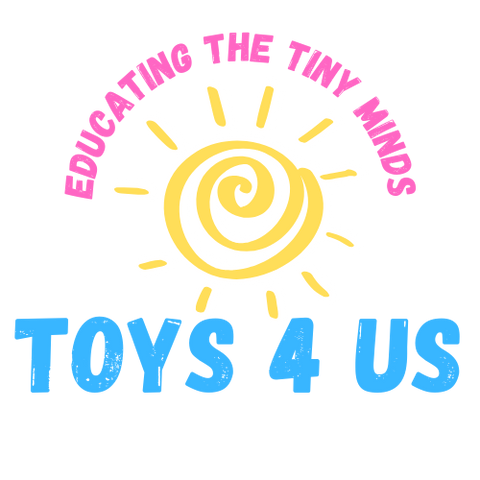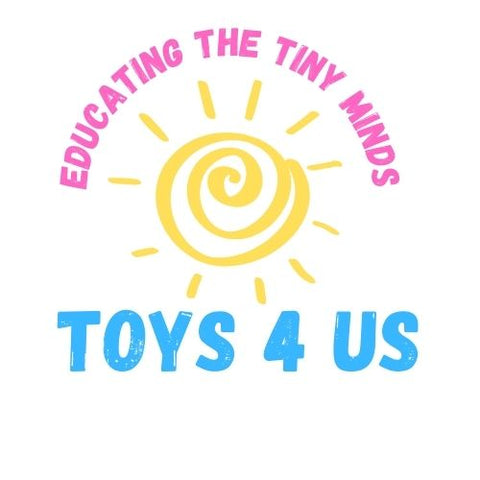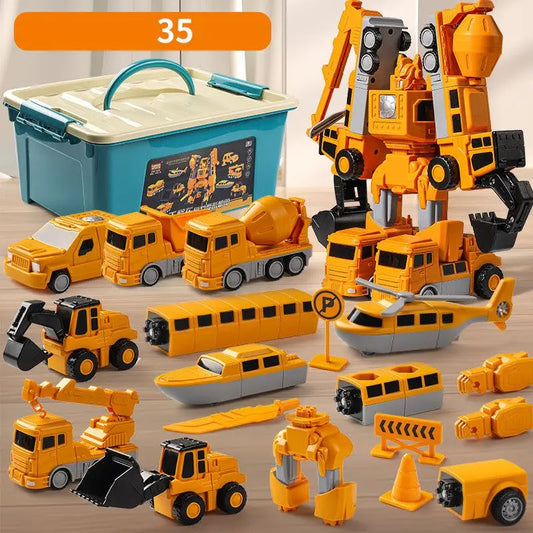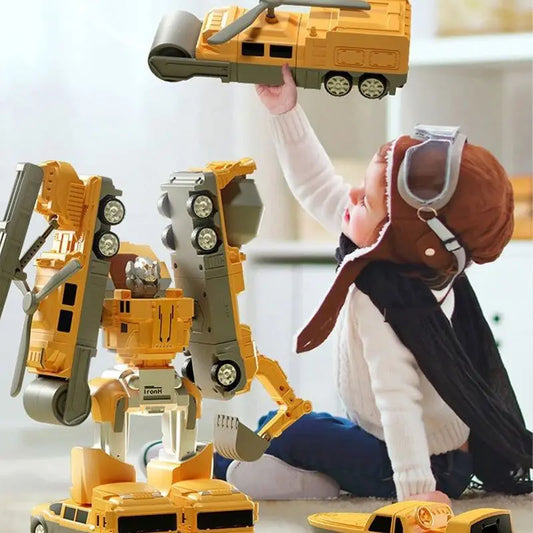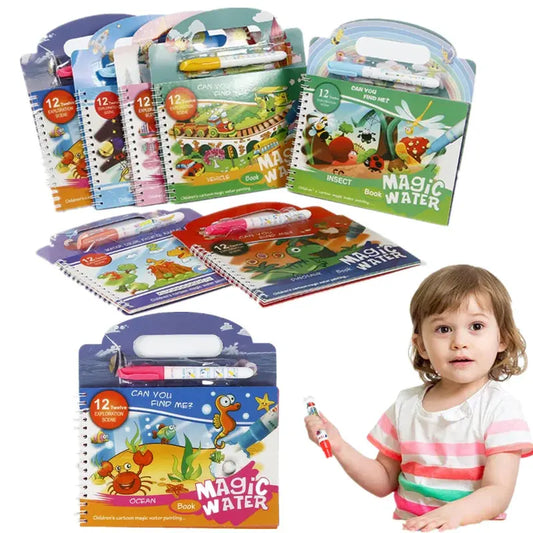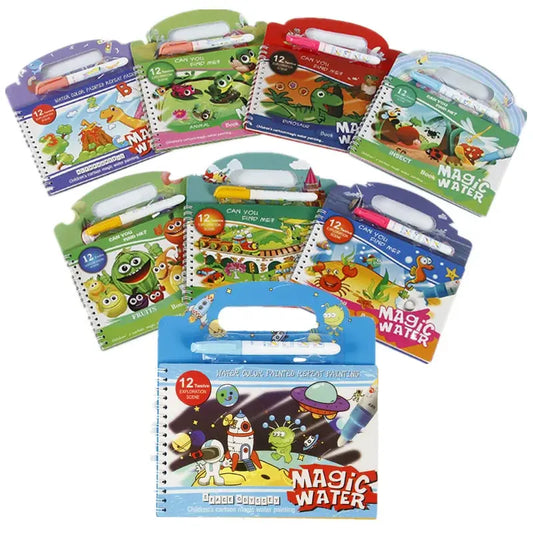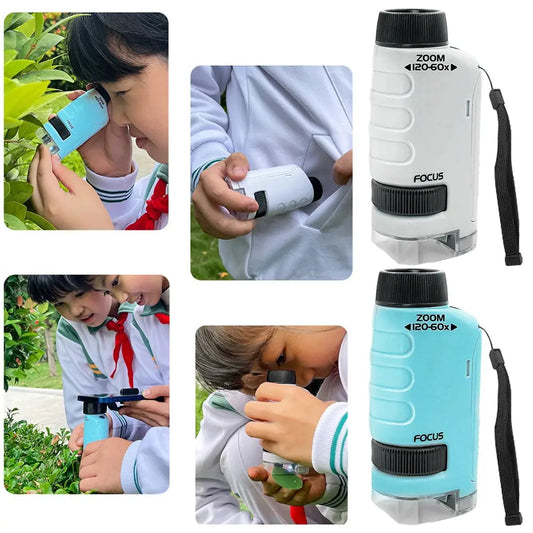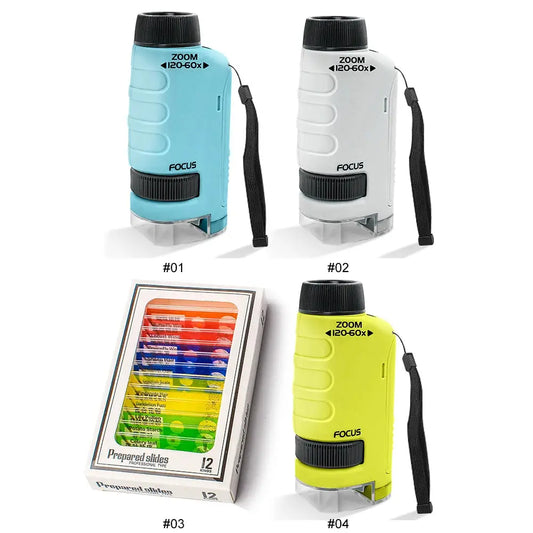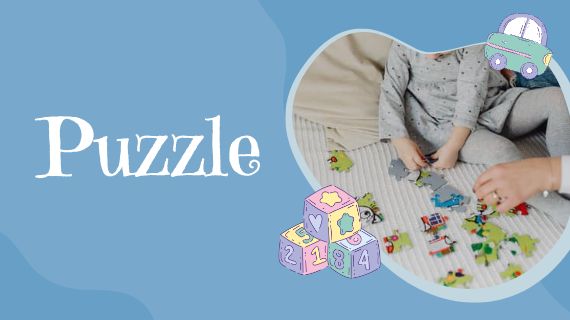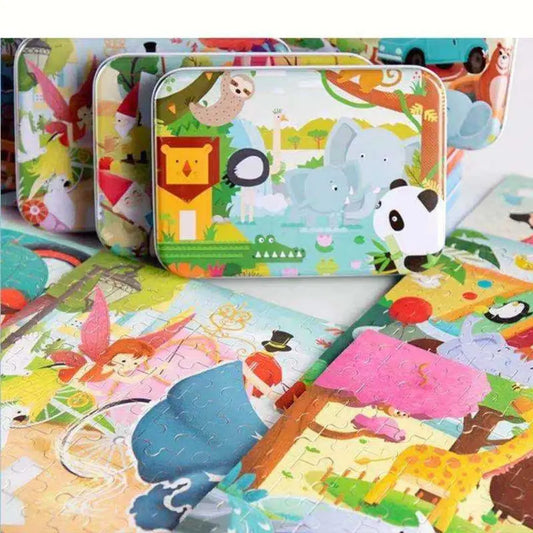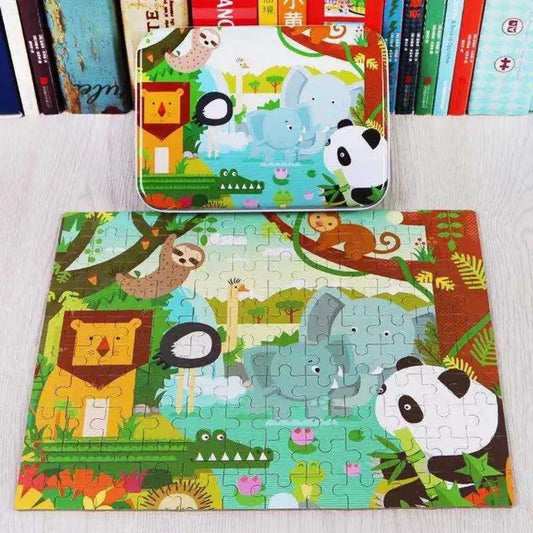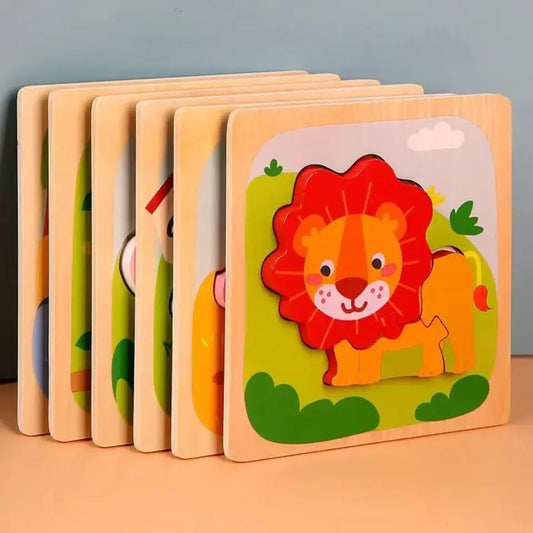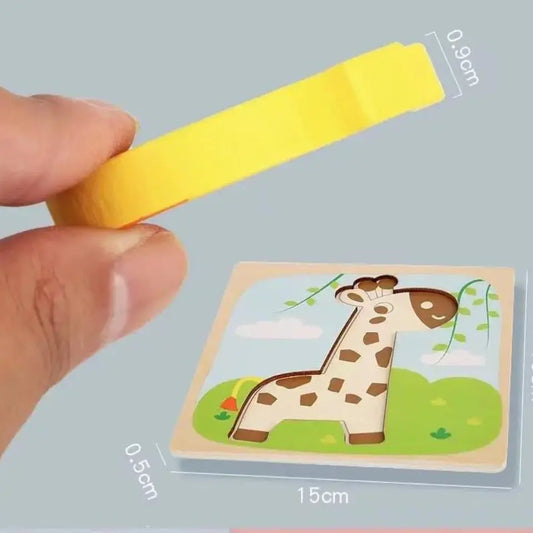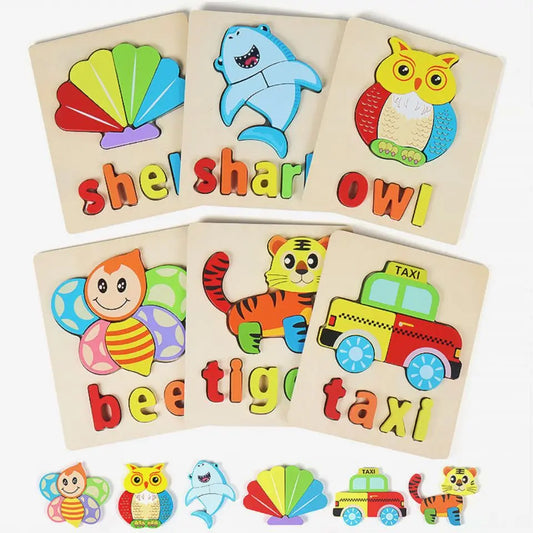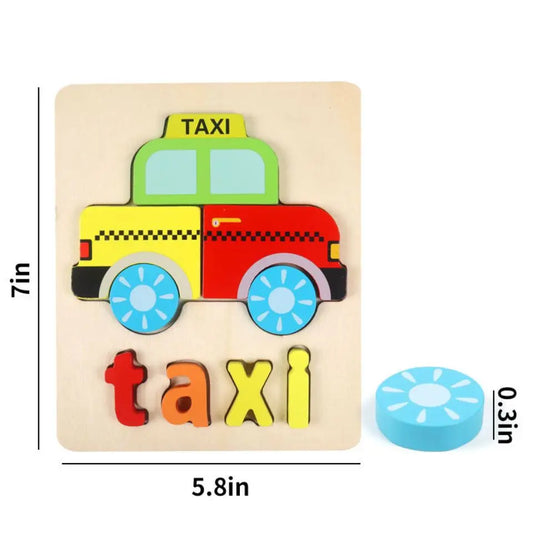Why Montessori Toys Are Essential for Early Childhood in Australia, Montessori toys have become an important part of early childhood education in Australia, as they help children learn through hands-on activities and exploration. These toys are designed based on the Montessori method, which encourages children to develop their skills at their own pace. In this Guide to Montessori Toys in Australia, we will explore how these toys play a crucial role in early learning and why they are favored by parents and educators. The ability to Promote Independent Learning for Kids is one of the key features of Montessori toys, allowing children to think, explore, and solve problems on their own. With a growing range of Montessori Toys Australia offers, more families are choosing these educational tools to support their child's development.
The simplicity and purpose behind Montessori toys help children engage in meaningful play. These toys are carefully crafted to encourage children to use their minds and hands, supporting both cognitive and physical development. Whether it's puzzles, stacking rings, or practical life tools, Montessori toys foster curiosity, concentration, and problem-solving. By focusing on open-ended play, these toys allow children to make choices and explore their creativity without constant guidance, building their confidence and independence.
1. The Montessori Philosophy in Early Childhood Education
The Montessori method, developed by Dr. Maria Montessori, is based on the belief that children learn best through hands-on experiences and self-directed activity. This educational approach emphasizes independence, freedom within limits, and respect for a child’s natural psychological development. Montessori toys are designed with these principles in mind, offering children the opportunity to engage in purposeful play that encourages discovery and learning.
In Australia, many early childhood centers and homes have adopted the Montessori philosophy, creating environments where children can explore and learn at their own pace. Montessori toys are an essential part of these environments because they align with the method's goals of promoting independence, concentration, and self-discipline. Unlike traditional toys that focus on entertainment, Montessori toys are designed to challenge a child’s thinking, motor skills, and creativity, making them a valuable tool for early learning.

2. Cognitive Development Through Montessori Toys
One of the primary benefits of Montessori toys is their ability to enhance cognitive development. These toys encourage children to think critically, solve problems, and make connections between ideas. Many Montessori toys, such as puzzles, counting beads, and shape sorters, require children to engage in activities that promote logical thinking and pattern recognition.
For example, a wooden puzzle challenges a child to fit the pieces together by considering their shapes and sizes, which improves spatial awareness and problem-solving skills. Similarly, Montessori toys that involve sorting colors, shapes, or sizes help children understand classification and develop memory and concentration. These cognitive skills are essential for academic success later in life, making Montessori toys a powerful tool for early learning.
3. Physical Development and Fine Motor Skills
In addition to cognitive growth, Montessori toys are also designed to support physical development, particularly in the area of fine motor skills. Fine motor skills involve the coordination of small muscles in the hands and fingers, which are essential for tasks such as writing, drawing, and manipulating objects.
Montessori toys like stacking rings, threading beads, and pegboards are excellent for improving hand-eye coordination and dexterity. These toys require children to use their hands in precise ways, which strengthens their muscles and improves their ability to perform delicate tasks. Gross motor skills, such as balance and coordination, are also developed through Montessori-inspired activities like balancing boards and climbing structures.
In Australia, where outdoor play is often a key part of childhood, Montessori toys complement physical activities by providing children with opportunities to refine their motor skills indoors.

4. Fostering Independence and Self-Confidence
One of the core values of the Montessori method is fostering independence. Montessori toys are designed to encourage children to take control of their learning experience. By engaging with these toys, children learn how to solve problems on their own and make decisions independently. This process of self-directed learning helps build self-confidence, as children see the results of their efforts and accomplishments.
For instance, practical life toys, such as child-sized kitchen sets, dressing frames, and cleaning tools, allow children to imitate real-life activities. These toys teach valuable life skills like pouring, buttoning, and sweeping, while also giving children the satisfaction of completing tasks on their own. This sense of autonomy is essential for building self-esteem and confidence, which are critical for future success.
Australian parents and educators value the independence that Montessori toys foster, as it prepares children for real-world challenges by allowing them to learn through hands-on experience.

5. Emotional and Social Development Through Play
Montessori toys not only support cognitive and physical development but also play a significant role in emotional and social growth. Many Montessori activities are designed to be collaborative, encouraging children to work together, share, and communicate. For example, group puzzles, collaborative building sets, and role-playing toys allow children to develop empathy, patience, and teamwork skills.
In addition, Montessori toys help children learn how to manage their emotions. As they engage in challenging activities like solving a puzzle or building a structure, children experience frustration and learn how to cope with it. This process teaches emotional regulation, perseverance, and resilience, which are essential skills for both childhood and adulthood.
In Australia, where community and cooperation are valued, Montessori toys provide an excellent way for children to learn how to interact positively with their peers, fostering a sense of belonging and teamwork.

6. Sustainability and Natural Materials: A Perfect Fit for Australia
Sustainability is an important consideration for many Australian families, and Montessori toys align perfectly with this value. Montessori toys are typically made from natural materials such as wood, metal, and fabric, which are durable and eco-friendly. These toys are designed to last, reducing the need for plastic, battery-operated toys that can quickly break or become obsolete.
The focus on natural materials in Montessori toys also connects children to the environment. The tactile nature of these toys allows children to experience different textures and learn about the natural world. This aligns with Australia’s emphasis on sustainability and environmental awareness, making Montessori toys an ideal choice for families who want to minimize their environmental impact.
Conclusion: Why Montessori Toys Are Essential for Early Childhood
Montessori toys provide an invaluable resource for early childhood education in Australia. They support a child’s cognitive, physical, emotional, and social development in a way that is both meaningful and enjoyable. By promoting independence, creativity, and problem-solving, Montessori toys help children build the skills they need to succeed in life.
As more Australian families recognize the benefits of the Montessori approach, the demand for high-quality, sustainable Montessori toys continues to grow. These toys offer a unique way to engage children in purposeful play while fostering a love of learning and exploration. By choosing Montessori toys, parents and educators are investing in the holistic development of their children, ensuring they have the tools they need to thrive.
